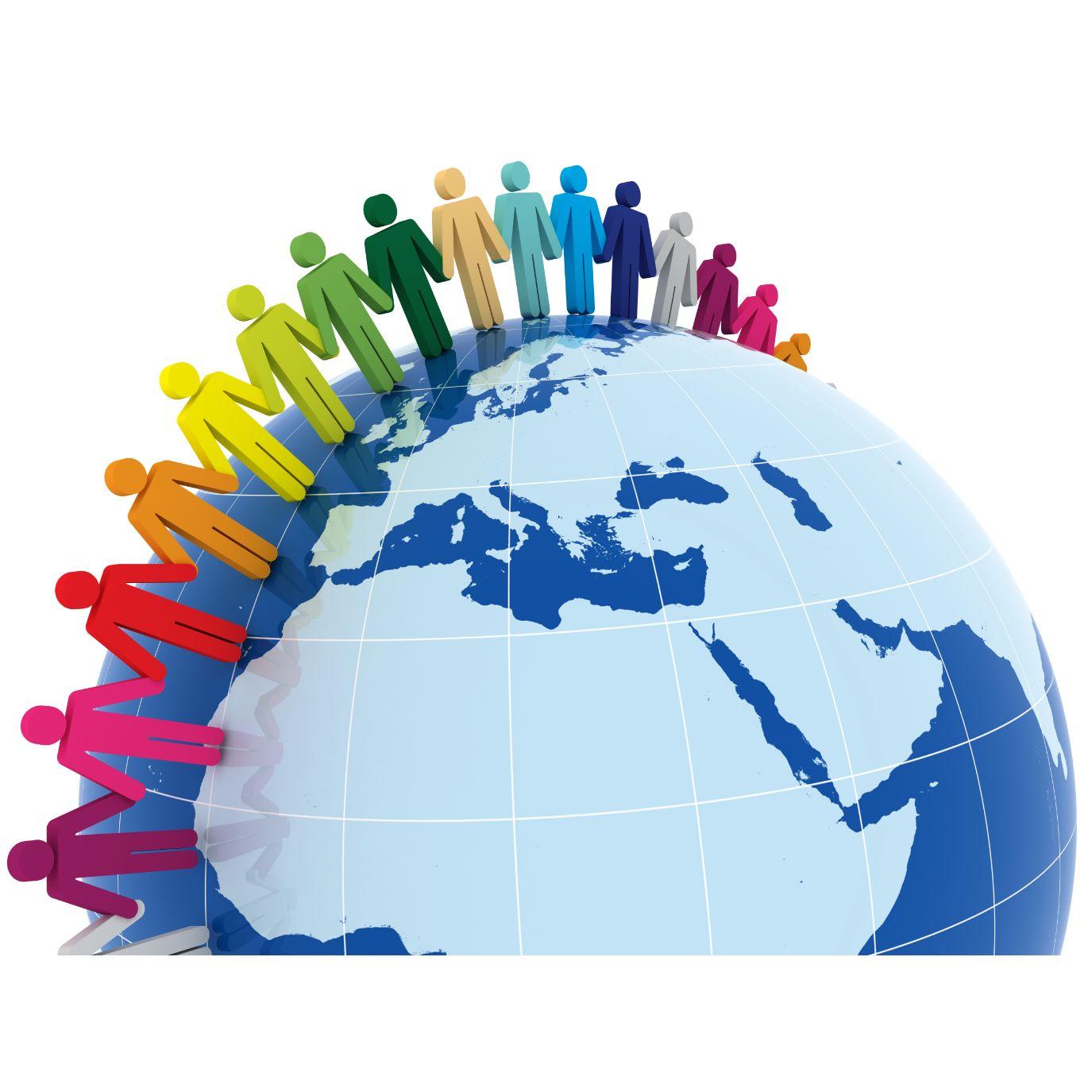
During the worldwide pandemic when school became a virtual endeavor across the United States, Principal Lecturer Dr. Kerry Tripp from the Department of Family Science identified a critical, missing element: internships. In response, she started a Virtual Global Internship Program so that UMD students who hadn’t yet satisfied this important program requirement could graduate on time. More broadly, she visualized it as a way for students to get global education experience during a time when all study abroad opportunities were shut down. Since its inception in 2020, the program has led to partnerships and learning opportunities with institutions across the world.
"She visualized it as a way for UMD students to get global education experience during a time when all study abroad opportunities were shut down."
Reciprocity is a significant component of the program, so Dr. Tripp encourages UMD faculty to supervise international students from across these global partnerships. She is currently supervising a team of three student research assistants from Chile. These assistants are comparing the law and ethics of assisted reproduction in Chile. They share insights into Chile's efforts to amend its constitution and recognize the use of assisted reproduction in forming families and the impacts of religion on these efforts. As part of their comparative study, they are also looking at Cuba's efforts to incorporate assisted reproduction into the definition of family, which was successful in an amendment to Cuba's family code in late 2022.
"It is incredibly exciting to see a sustainable, full circle approach for global learning and discussion."
Our Chilean research assistants' final project will include a lecture for Dr. Tripp’s Global Classroom with the University of Brazil in Rio in the fall, which is also a comparative class on the law and ethics of assisted reproduction between those two countries. It is incredibly exciting to see a sustainable, full circle approach for global learning and discussion in so many communities all centered at our School of Public Health.